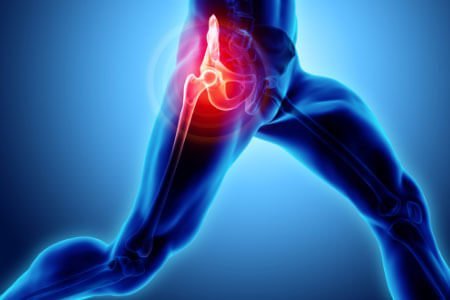Snapping Hip Syndrome
Causes, Symptoms, Risk Factors, Complications, Prevention, Diagnosis and Treatment
What are the symptoms of Snapping Hip Syndrome?
Some symptoms of this condition are:
- Snapping or clicking sound from the hip
- Pain, inflammation in the affected hip
- Weakness in the leg muscle when trying to lift leg sideways or forward
- Swelling in the hip
- Difficulty in performing regular activities such as walking
- Difficulty in regular activities
- Sensation of hip coming out of its place
Yashoda Hospitals Hyderabad have top doctors who have many years of experience, who help patients get to the core of their problems and make sure they get the right treatment at the right time.


 Appointment
Appointment WhatsApp
WhatsApp Call
Call More
More

